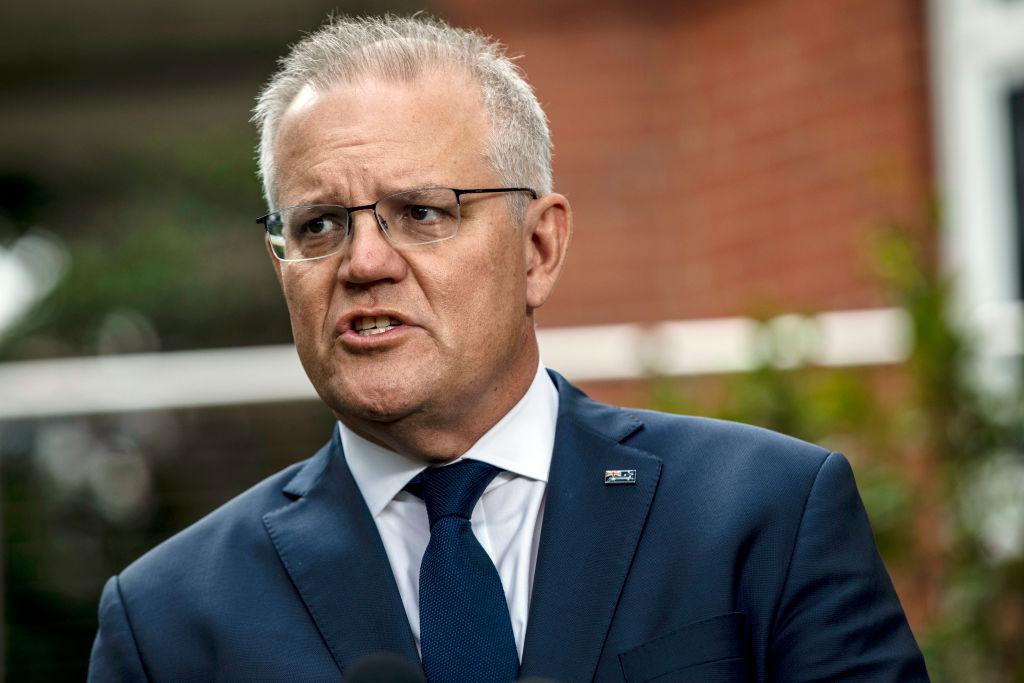Australian Prime Minister Scott Morrison has pushed back against allegations he criticised the European Union over delays in the arrival of the AstraZeneca vaccine on Tuesday.
Speaking at a press conference on Wednesday, he said that he had “simply stated a fact” that 3.1 million doses of the AstraZeneca vaccine did not arrive in Australia from the European Union (EU) by the end of March as initially planned.





